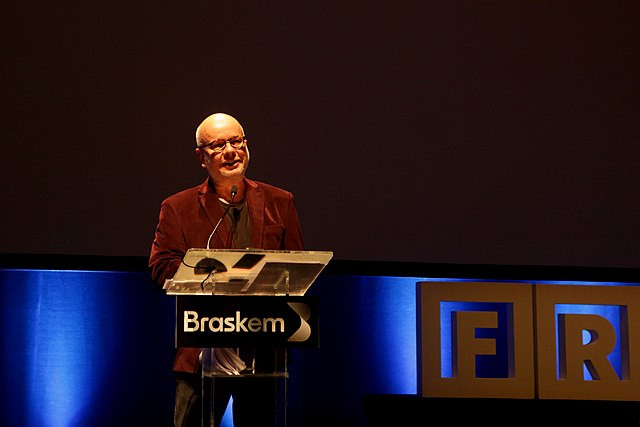Paul Auster, the acclaimed American novelist, essayist, translator, screenwriter, and poet, whose works delved into existential questions of identity, language, and the role of chance in life, died at the age of 77. The news of his passing was confirmed by his friend and fellow author Jacki Lyden on behalf of Auster's family.
Born in Newark, New Jersey, in 1947, Auster's literary career spanned over four decades, during which he published more than 20 novels, including his breakthrough work, "The New York Trilogy." This series of experimental detective stories, which included "City of Glass" (1985), established Auster as a leading figure in his generation of postmodern American writers.
Auster's novels often addressed the central themes of identity, the power of language, and the unpredictability of life. His works, which were published in more than 40 languages, earned him numerous accolades, including Spain's Prince of Asturias Prize for Literature in 2006. He was also a member of the American Academy of Arts and Letters and a Commander of France's Ordre des Arts et des Lettres.
Alys Moody, a professor who teaches postwar American literature, praised Auster's contributions, stating, "I think he was a really exciting and compelling voice of his generation. Auster will be remembered for being one of the leading figures in a post-modern tradition that's reimagining how central language is, and how central writing is, and how central above all storytelling is."
Auster's writing career began after he graduated from Columbia University and moved to Paris, where he supported himself by translating French literature. Upon returning to the United States in 1974, he found himself part of a disillusioned generation, a sentiment he explored in his novel "Leviathan."
A pivotal moment in Auster's life occurred when he was just 14 years old, attending a summer camp. During a thunderstorm, a boy standing next to him was struck and killed by a bolt of lightning. "This absolutely changed my life," Auster said in an interview with the BBC. "I think about it every day. It never goes away. It was my first big lesson in the capriciousness of life, how unstable everything is, how quickly things can change."
This experience profoundly influenced Auster's philosophy and his writing, shaping his understanding of the role of chance and coincidence in life. "Unexpected things are happening all the time to everybody and in fact much of life is about chance. There are very few necessary facts," he explained.
Auster's literary influences included Franz Kafka and Samuel Beckett, and his works were praised for the purity of his language and the seriousness of his intent. In addition to his novels, Auster co-directed several independent films and even ventured into biography, writing a 780-page work on the 19th-century author Stephen Crane.
Last year, Auster's wife, the writer Siri Hustvedt, revealed that he had been diagnosed with cancer in December 2022. In a touching tribute on Instagram, Hustvedt shared her admiration for her husband's grace and strength during his illness, which lasted almost a year.





